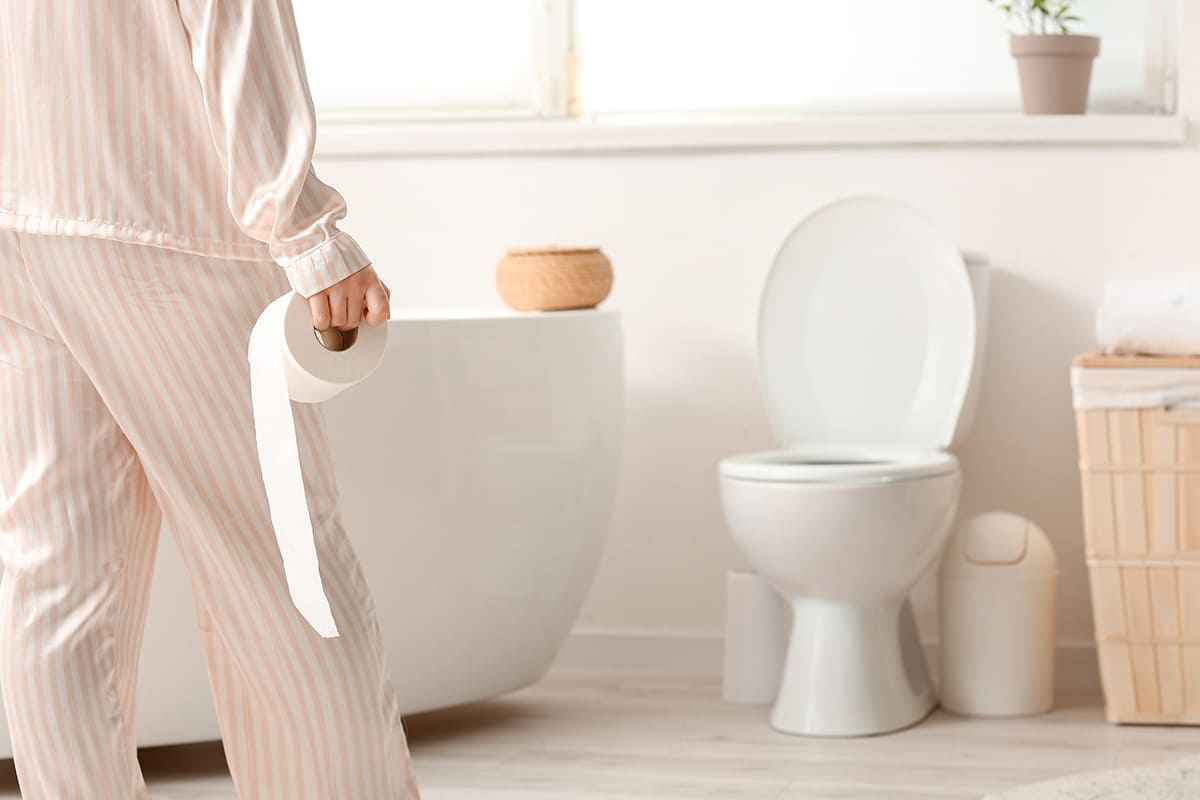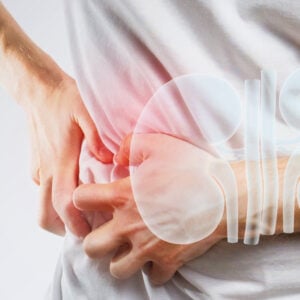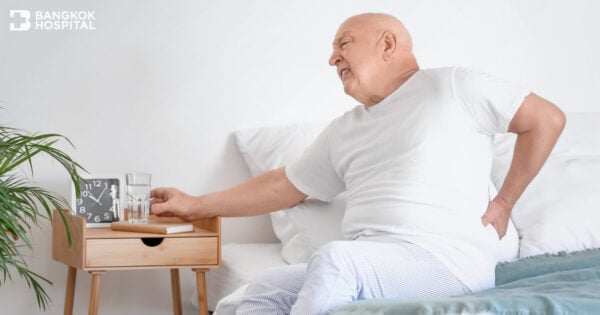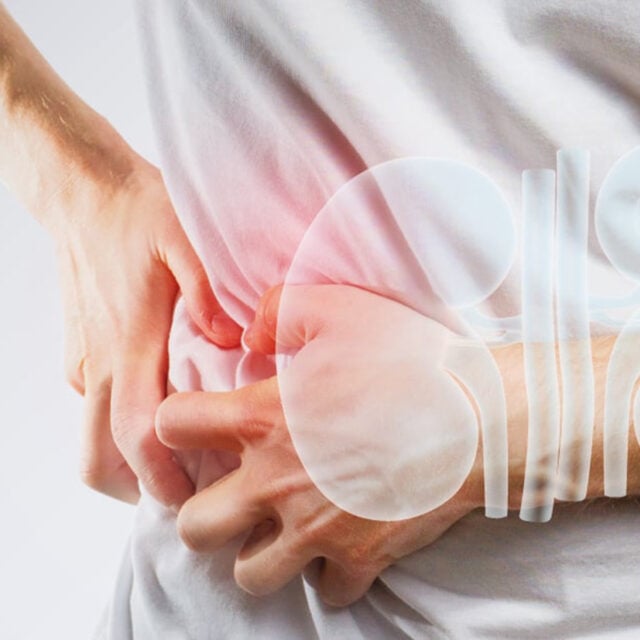Eating too much salty food is harmful to your kidneys because it increases the risk of chronic kidney disease and accelerates kidney degeneration. So, learning about chronic kidney disease and start reducing sodium intake today will not only keep your kidneys strong but also help you prevent premature kidney disease.
What is Chronic Kidney Disease?
It is a condition in which the kidneys continuously lose their functions little by little. The kidneys will gradually become smaller. When their glomerular filtration rate drops for 3 months or more, if left untreated, the situation can soon reach the end-stage kidney disease or kidney failure which can only be treated by a kidney transplant.
People at Risk of Kidney Disease
- People who are over 60 years of age, because the filtration rate will decrease.
- People with a chronic disease such as diabetes, high blood pressure, and high cholesterol.
- People with a family history of chronic kidney disease.
- People with 1 kidney since birth.
Symptoms of Chronic Kidney Disease
- Frequent urination, especially at night.
- Foamy urine that requires more than 2-3 flushes to clear.
- Swollen face and eyelids. Also, swollen legs where a depression remains after being pressed due to over – retention of sodium and fluid. Abnormal amount of sodium in urine.
- Fatigue and getting tired easily.
- Pale
- Itchy
- Loss of appetite
- High blood pressure

Stages of Chronic Kidney Disease
There are 5 stages of chronic kidney disease, measuring from Estimated Glomerular Filtration Rate (eGFR) which is the amount of blood the kidneys filter through every minute (ml./min./1.73 sqm.)
|
Stage |
eGFR (ml./min./1.73 sqm.) |
Result |
|
G1 |
> 90 |
Normal |
|
G2 |
60 – 90 |
Mild but filtration rate is still normal |
|
G3 |
30 – 59 |
Moderate to low |
|
G4 |
15 – 29 |
Severe |
|
G5 |
< 15 |
End stage |
Diagnosis
Your doctor will consider eGFR from blood and urine tests, along with any injury to the kidney – such as Nephrotic syndrome in which the kidneys pass too much protein for more than 3 months, cyst in the kidney, etc.
Treatment
The principle behind chronic kidney disease treatment is to control and prevent – or slow – more deterioration of the affected kidney. Although it cannot be restored, further damages to the kidney can averted. However, this will depend mainly on the patient’s lifestyle and habits also.
Low Sodium Diet
Eating less salty food helps reduce the risk of chronic kidney disease, because salt retains more fluid in the body and causes congestion and swelling. Kidneys will have to work harder to get rid of the accumulated fluid. The pressure on their function will be greater, and this causes the nephrotic condition. Therefore, reducing salt intake will help the kidneys avoid working too hard. Once the body has stopped swelling, the pressure will return to normal, and this will help impede deterioration of the kidneys.
Tips to Low Sodium Diet
- Consume less than 2 g per day.
- Avoid unsalted food that still contains sodium – such as processed food, canned food, seasoning, MSG seasoning, fermented food, bread with baking powder, snacks, etc.
- It is best to cook your own food, because you can control your ingredients.
- Avoid food supplements that high sodium content. Check the ingredients before you eat it.
Because chronic kidney disease can be so severe that the only recourse is a kidney transplant operation, it is therefore vital that you pay attention to your kidneys and ensure that they remain healthy – especially by reducing sodium intake which will prevent your kidneys from being overworked. If you are in a high-risk group, you should consult a medical specialist every year; so that, if any problem is discovered, it can be promptly addressed.










